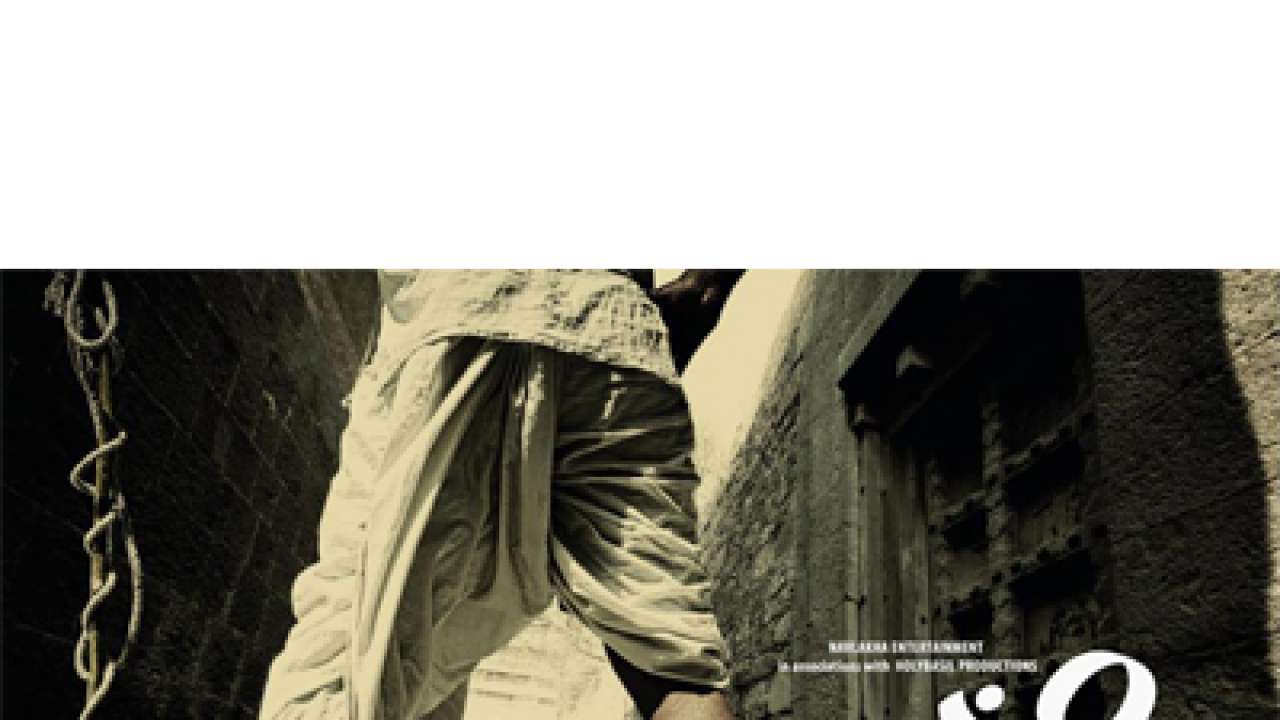
The coincidence couldn't have been more ironical. I saw Fandry, the latest sensational Marathi movie the same morning when the world was discussing WhatsApp buyout by Facebook.
Probably the contrast made the movie experience - that portrays the real rural India, more stark.
If you believed that Satyajit Ray cashed in on India's poverty in his films, if you thought Slumdog Millionnaire was an extreme part of India, Fandry isn't for you.
If you are like those in the UK who were outraged after Channel Four's documentary Benefits Street, Fandry isn't for you.
If you believed India is only about #Feku, #Pappu and #BhagodaKejri, Fandry isn't for you.
If you are still torn over support for Omar for his criticism of Afzal Guru's hanging or criticism of Jayalalithaa for releasing Rajiv killers, Fandry isn't for you.
Fandry is for those whose sensibilities are still alive. Fandry is for those who believe there is Bharat beyond Face-The-Nation debates.
Fandry will make you go numb as the debutante director Nagraj Manjule brick by brick hits you with the huge undercurrent of caste system destroying innocence.
Fandry shatters our shallow concepts of jingoism (many of us wouldn’t even know when nationalism turns into jingoism) in just one scene.
The scene where the protagonist Dalit family in the film is in the dilemma of life - should we respect national anthem or should we just go catch the pig that will help raise money we desperately need to marry the daughter off — is a killer one for those who can see the irony.
To others in the theatre where I watched Fandry, it was a comic one. Or the one where the pig - tied to a bamboo all four up, is carried in front of the images of Dr Babasaheb Ambedkar, Shahu Maharaj, Savitribai Phule and Gadgebaba (all the icons of a so-called progressive Maharashtra).
Symbolising how the teenage Jabya, head over heels in love with an upper-caste girl, is tied down by the caste system that is still practised in our villages.
The village isn’t cast in the early 20th century. It is right here, where our country folks are uploading the pig chase by Jabya’s family on the Facebook using their smartphones.
There is no big political talk in Fandry. Just a statement about the violence that stems from the caste system. It need not be rape, murder or cutting of limbs. It could be as simple and yet as brutal as crushing innocent teen dreams. The film doesn’t invoke any symbols or political leaders.
The director uses small, subtle moments where the discerning audience reads between the lines. Upper-castes in Fandry don’t see anything wrong when they ask Kachrya why his school-going son isn’t as obedient as him. And instead of putting up protest, Kachrya apologises on behalf of his son.
Does this happen still? Is this for real? Yes, unfortunately. Our biases and prejudices, specially of those in the urban settings, are so strong that we fail to see it.
Our social ghettos are so watertight we don’t know what’s happening in another.
So is this a review of Fandry? No sirs. This is just an ode to one of the most powerful films you will ever see.
(Deepak Lokhande is deputy resident editor, DNA Pune. Loves movies and Ghalib. He tweets @WriterDeepak)